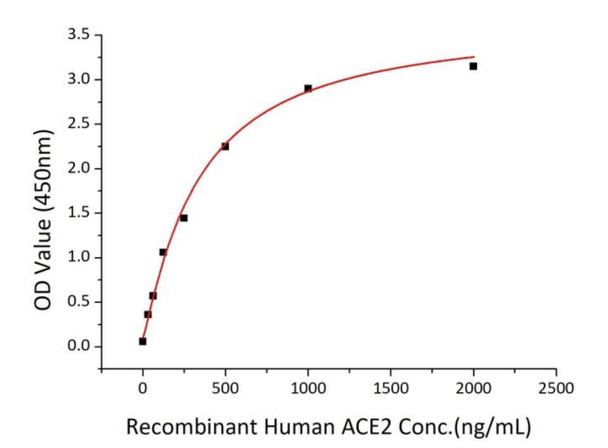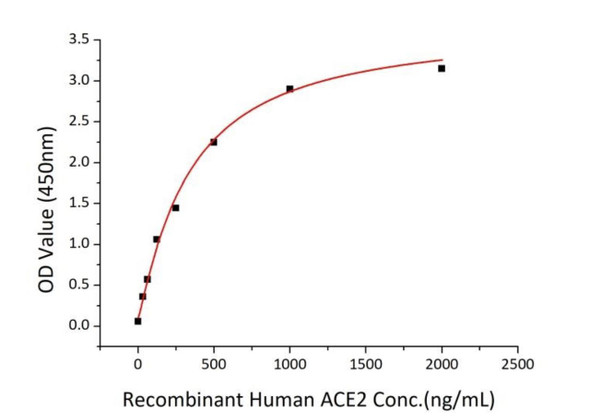Description
SARS-CoV-2 Spike Protein - Background Information
Protein S (PROS1) is glycoprotein and expressed in many cell types supporting its reported involvement in multiple biological processes that include coagulation, apoptosis, cancer development and progression, and the innate immune response. Known receptors bind S1 are ACE2, angiotensin-converting enzyme 2, DPP4, CEACAM etc.. The spike (S) glycoprotein of coronaviruses is known to be essential in the binding of the virus to the host cell at the advent of the infection process. Most notable is severe acute respiratory syndrome (SARS).
The severe acute respiratory syndrome-coronavirus (SARS-CoV) spike (S) glycoprotein alone can mediate the membrane fusion required for virus entry and cell fusion. It is also a major immunogen and a target for entry inhibitors. It's been reported that 2019-nCoV can infect the human respiratory epithelial cells through interaction with the human ACE2 receptor. The spike protein is a large type I transmembrane protein containing two subunits, S1 and S2. S1 mainly contains a receptor binding domain (RBD), which is responsible for recognizing the cell surface receptor. S2 contains basic elements needed for the membrane fusion.The S protein plays key parts in the induction of neutralizing-antibody and T-cell responses, as well as protective immunity.
SARS-CoV-2 Spike Protein Properties
| Description | Recombinant 2019-nCoV Spike S1 Protein is produced by HEK293 cells expression system. The target protein is expressed with sequence (Gln14-Arg683) of 2019-ncov Spike S1 (Accession #YP_009724390.1) fused with a 6×His tag and Avi at the C-terminus. |
| Expressed Host | HEK293 cells |
| Species | SARS-CoV-2 |
| Application | Western blot, immunofluorescence, immunohistochemistry, immunoprecipitation |
| Purity | >95% by SDS-PAGE. |
| Formulation | Lyophilized from a 0.22 μm filtered solution of PBS, pH 7.4. |
| Reconstitution | Reconstitute to a concentration of 0.1-0.5 mg/mL in sterile distilled water. |
| Gene ID | 43740568 |
| Endotoxin | < 1.0 EU/μg of the protein by LAL method. |
| Storage | Store the lyophilized protein at -20°C to -80°C for long term. After reconstitution, the protein solution is stable at -20°C for 3 months, at 2-8°C for up to 1 week. |







